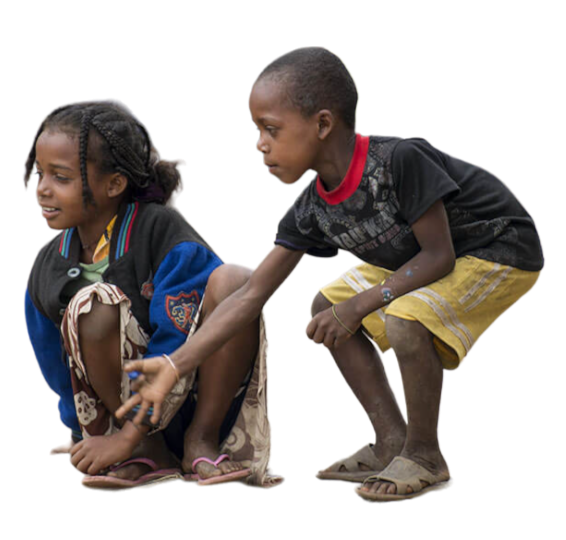Research article into Child Abandonment and Institutional Care in Madagascar (in English) This article summarises research into 62 orphanages and residential centres in Antananarivo, carried out in 2011, and states the intentions of Malagasy government, working with UNICEF, to move towards family based care.
The UN Convention on the rights of the child.
The fifth and sixth paragraphs declare that children belong in families, and families ought to be strengthened and protected. Separating children from their families due to poverty and other issues that can be solved, may be compromising their human rights.
The UN Guidelines for the Alternative Care of Children
What if a child’s own family is not an option? These guidelines details the responsibilities of governments and non-government organizations to protect vulnerable children who are separated from their parents.
Save the Children’s publication about the importance of family based care
Many African countries are leading the way in terms of giving priority to family based care, including Uganda, South Africa and Kenya! Here is Kenya’s official guidelines for the Care of vulnerable children.
The Alternative Care Framework is the official continuum of care for responses to vulnerable children in Uganda. It prioritises the responses that should be used. http://www.alternative-care-uganda.org/alternative-care-framework.html
Since the research of psychologist John Bowlby (1970s), it has become more and more clear in subsequent research that in order to develop psychological health, children need to attach to one, consistent care-giver in the early years of their life. Multiple care givers, who come and go in a child’s life, (despite best intentions), can actually cause damage, resulting in different types of attachment disorders. This article summarises the research and shows that developing a secure attachment with an attentive, primary substitute carer is key to improving outcomes for vulnerable, looked-after children, and looks at the different types of attachment disorders that children might display.
http://fosteringandadoption.rip.org.uk/topics/attachment-theory-research/

